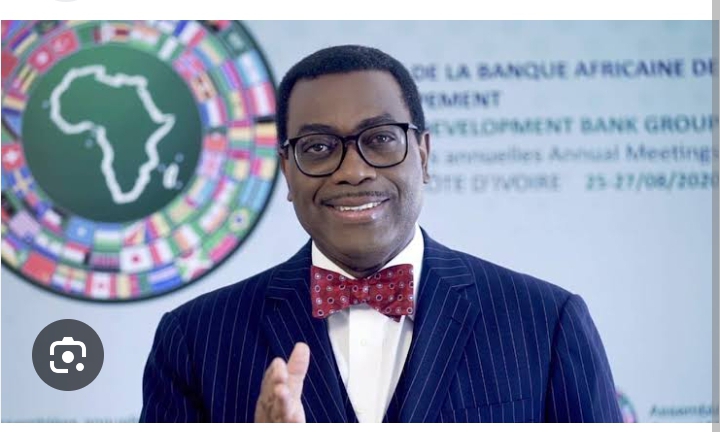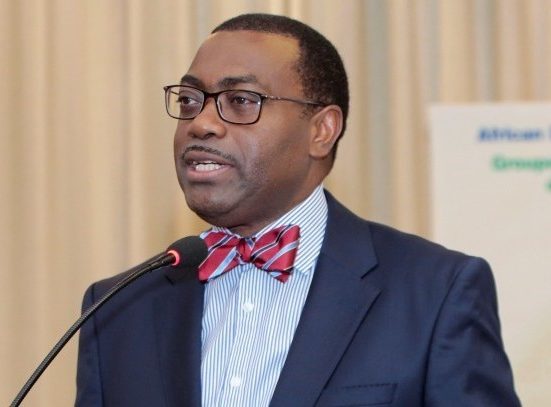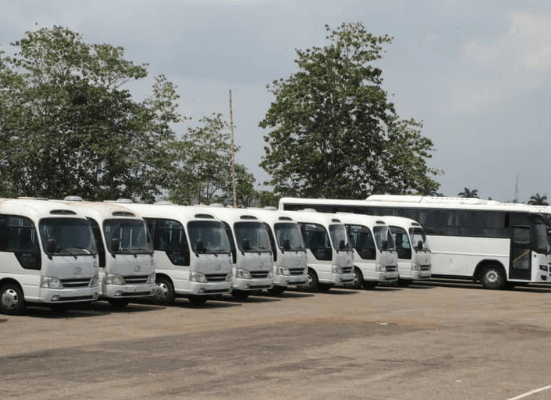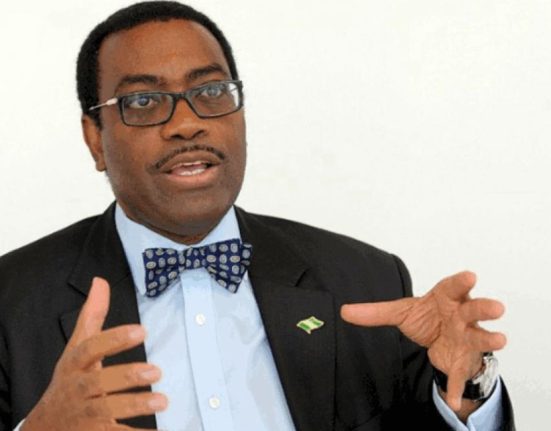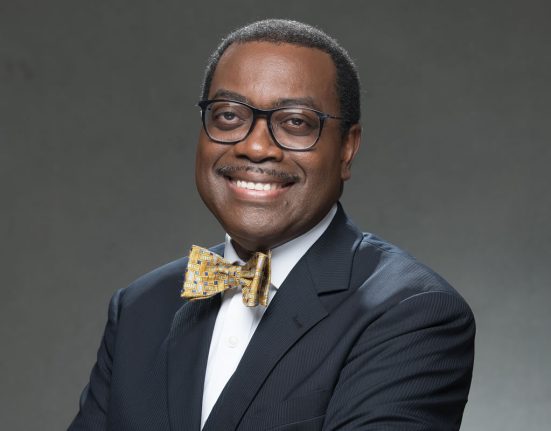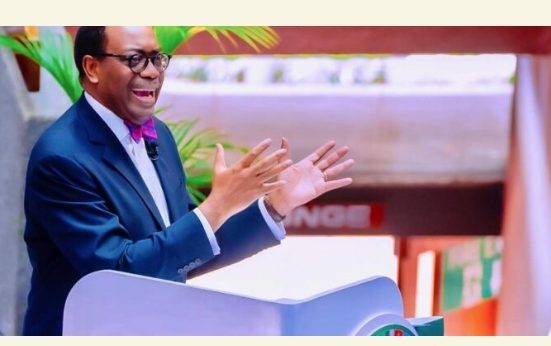As Dr. Akinwumi Adesina prepares to hand over the reins at the African Development Bank (AfDB), the spotlight has shifted from celebrating his achievements to a more critical question: can the economic diplomacy legacy he so meticulously built survive without him?
Few leaders have left as profound an imprint on a continental institution as Adesina has on the AfDB. When he took office in 2015, the Bank was widely seen as a traditional lender, offering project financing without much influence on the broader currents of global economic policy. By the time his second term winds down, Adesina will have transformed the AfDB into a powerful voice in international development conversations, a trusted partner for global investors, and a champion of Africa’s interests in a world where diplomacy and economics have become inseparably linked.
Under his stewardship, initiatives like the Africa Investment Forum broke new ground, attracting billions of dollars in private capital to African infrastructure projects. His championing of the “High 5s” priorities brought a clarity of mission that galvanized the Bank’s operations and sharpened its appeal to international development partners. Even at the height of the COVID-19 pandemic, when global uncertainty crippled many institutions, the AfDB stood out — swiftly rolling out a $10 billion crisis response facility and reinforcing its credibility on the global stage.
Yet, therein lies the challenge: much of this success has been built around Adesina’s personal brand — his energy, vision, and extensive global network. As one senior Bank official candidly admitted off the record, “We are about to see if the institution is as strong as the personality that built it.”
The real risk facing the AfDB is the tendency toward regression once a transformational leader exits. Africa’s history is replete with examples of institutions that flourished under charismatic leadership only to slip into mediocrity after their departure. Without a clear roadmap to institutionalize the gains made, Adesina’s economic diplomacy achievements could easily fade into history rather than shaping the future.
At recent high-level meetings in Abidjan, stakeholders emphasized the urgent need to deepen internal reforms, professionalize strategic outreach, and build permanent structures for public-private engagement. It is no longer enough for the AfDB to lean on relationships cultivated by one man; the Bank must become an institution where systemic diplomatic engagement is woven into its very fabric.
Moreover, the next leader must be selected not just on political considerations or continental balancing acts, but on their proven ability to navigate the complex world of international development finance — and to command respect at both boardrooms and presidential palaces across the globe.
There is no doubt that Dr. Adesina has raised the bar. The AfDB he leaves behind is bigger, bolder, and more respected than ever. But legacies are fragile things. Without deliberate efforts to protect and institutionalize the culture of economic diplomacy he nurtured, the Bank could easily drift back into the shadows just another lender, rather than Africa’s premier catalyst for transformational growth.

